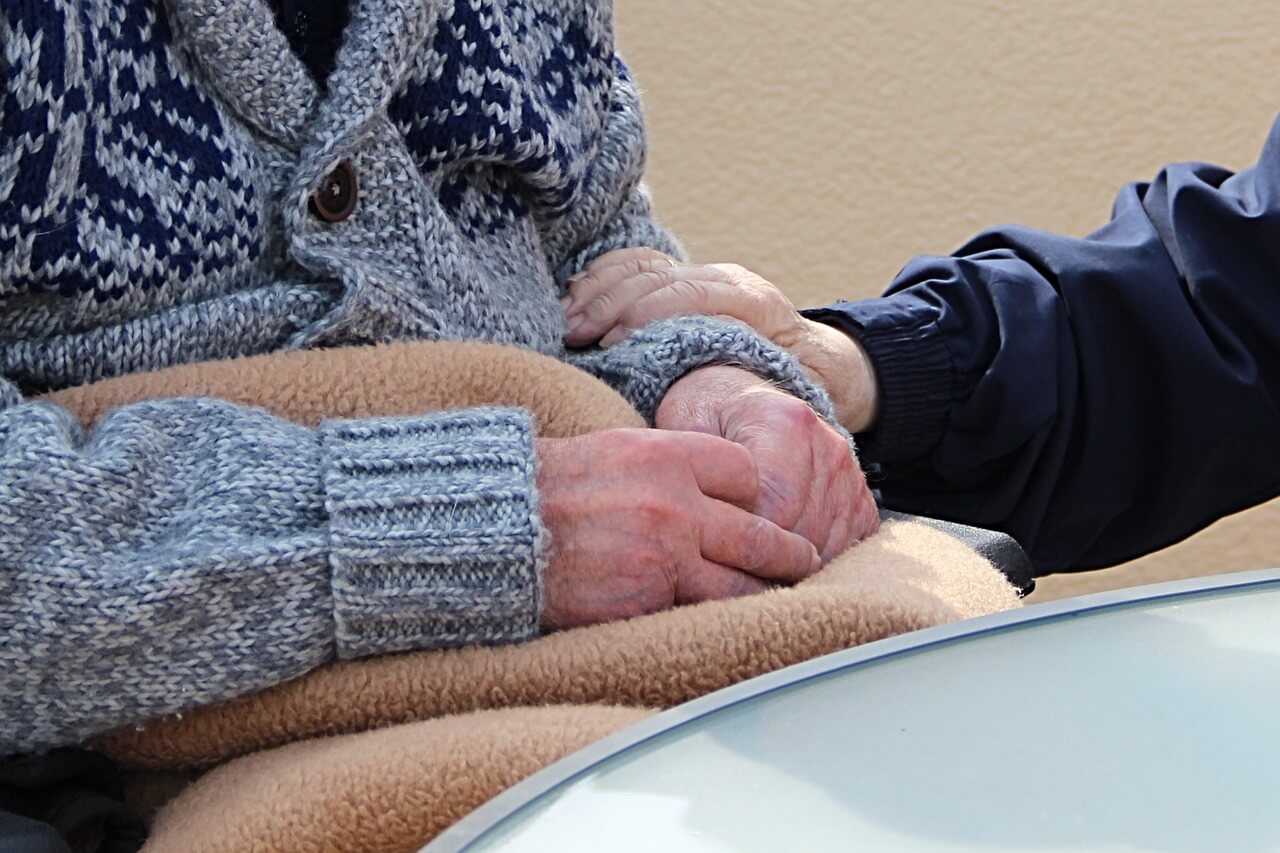
West Virginia Medical Professional Liability Act Amendments
In 2017, the West Virginia Legislature amended several statutory provisions of the West Virginia Medical Professional Liability Act ("MPLA"), W. Va. Code § 55-7B-1 et seq, related to nursing home liability in WV. The WV MPLA governs the litigation of claims of medical malpractice liability in WV. The WV MPLA amendments provide a statutory definition of "occurrence" and set forth a shortened statute of limitation and preferred venue for claims brought against nursing homes, assisted living facilities, acute care hospitals or their employees, and other related entities.

Surveillance of Workers’ Compensation Claimants: Is It Legal in West Virginia?
The attorneys at Jenkins Fenstermaker, PLLC are often asked whether it’s permissible to use surveillance of workers’ compensation claimants in West Virginia and, if so, how that evidence may be used. Consider this common scenario:
The treating physician diagnoses the claimant with very serious conditions and prescribes many treatments, including the long-term use of opioid pain medications. Surveillance evidence would tend to make this treatment seem highly unnecessary. The employer wants to approach the treating physician with the surveillance to see if he will stop providing treatment that is clearly unnecessary in light of the tasks the claimant is seen doing in the surveillance video.

Mandatory Post-Accident Drug Testing in WV
Do you routinely test employees for illegal drugs and alcohol when they are involved in a workplace accident? If so, you may incur the wrath of both the U.S. Occupational Safety and Health Administration (OSHA) and the West Virginia (WV) Supreme Court. OSHA believes that employees may be afraid to report workplace injuries and illness for fear of retribution from their employers. That is why it has promulgated the "Final Rule to Improve Tracking of Workplace Injuries and Illnesses," which may impact mandatory post-accident drug testing in WV and elsewhere.

Sexual Orientation Discrimination in the Workplace in WV
In recent years, many states and municipalities across the United States have sought to enact statutes and ordinances to include "sexual orientation" amongst the classes traditionally protected from discrimination. West Virginia (WV) has followed suit. WV Senate Bill 77, introduced on February 15, 2017, similarly sought to amend the West Virginia Human Rights Act and the West Virginia Fair Housing Act to include "sexual orientation" as a protected class and prohibit sexual orientation discrimination in the workplace in WV, in places of public accommodation, and in housing.

The Civil Juridiction of WV Magistrate Courts: A Changing Landscape
Each level of court in the West Virginia (WV) court system has authority, or jurisdiction, over different types of case. The civil jurisdiction of the WV magistrate courts is no different. Magistrate courts are at the bottom of the pyramid of the West Virginia (WV) court system. The majority of civil cases are considered “small claims” and are heard here. Next on the pyramid are family courts, followed by circuit courts, otherwise known as “trial courts.” At the top of the pyramid is the Supreme Court of Appeals, to which the losing party in a civil or criminal case may petition to appeal a circuit court’s ruling.

